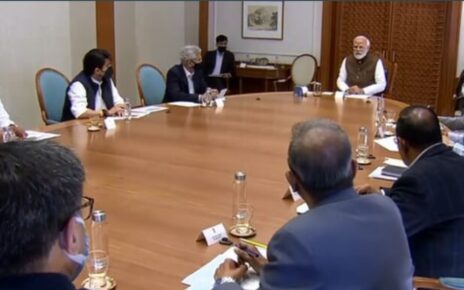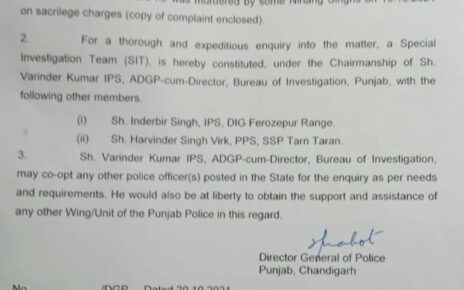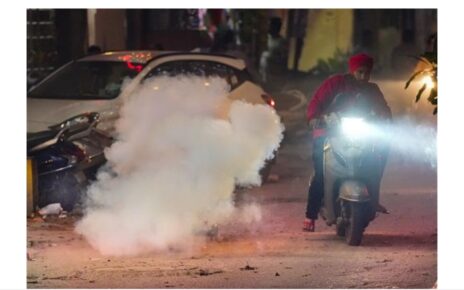In a clash between user privacy and national security concerns, WhatsApp has found itself amidst a legal battle with the Indian government over new regulations. The messaging app, owned by Meta (formerly Facebook), is threatening to exit the Indian market if forced to comply with rules that could potentially weaken its end-to-end encryption.
The controversy revolves around the Information Technology (Intermediary Guidelines and Digital Media Ethics Code) Rule, 2021, which was enacted by the Indian government in February 2021. These guidelines require social media services such as WhatsApp to identify the source of information upon request from law enforcement officials.
However, WhatsApp’s major security feature, end-to-end encryption, serves as a barrier. This approach scrambles data during transmission, so only the sender and receiver can read it. WhatsApp asserts that it is theoretically impossible to identify a message’s source without breaking encryption.
During a recent Delhi High Court hearing, a WhatsApp lawyer emphasized the importance of user privacy. “If we are told to break encryption, then WhatsApp goes” the lawyer declared. They further expressed concerns about data security, stating that complying with the rules would necessitate storing “ millions and millions of messages” for extended periods.
The Indian government, on the other hand, views the traceability provision as vital for combating online threats like misinformation and hate speech. The government’s lawyer highlighted the importance of denying the source of such content to maintain social order.
The Delhi High Court acknowledged the complexity of the issue. Recognizing the importance of both user privacy and national security, the court observed, “Privacy rights were not absolute and somewhere balance has to be achieved.” The judge inquired whether similar regulations exist elsewhere, to which the WhatsApp lawyer responded negatively.
The hearing concluded with the court deferring further arguments to August. This delay is likely due to the consolidation of multiple petitions challenging the 2021 IT Rules, previously filed in various high courts across India. The Supreme Court recently directed these petitions to be transferred to the Delhi High Court for a unified legal process.




